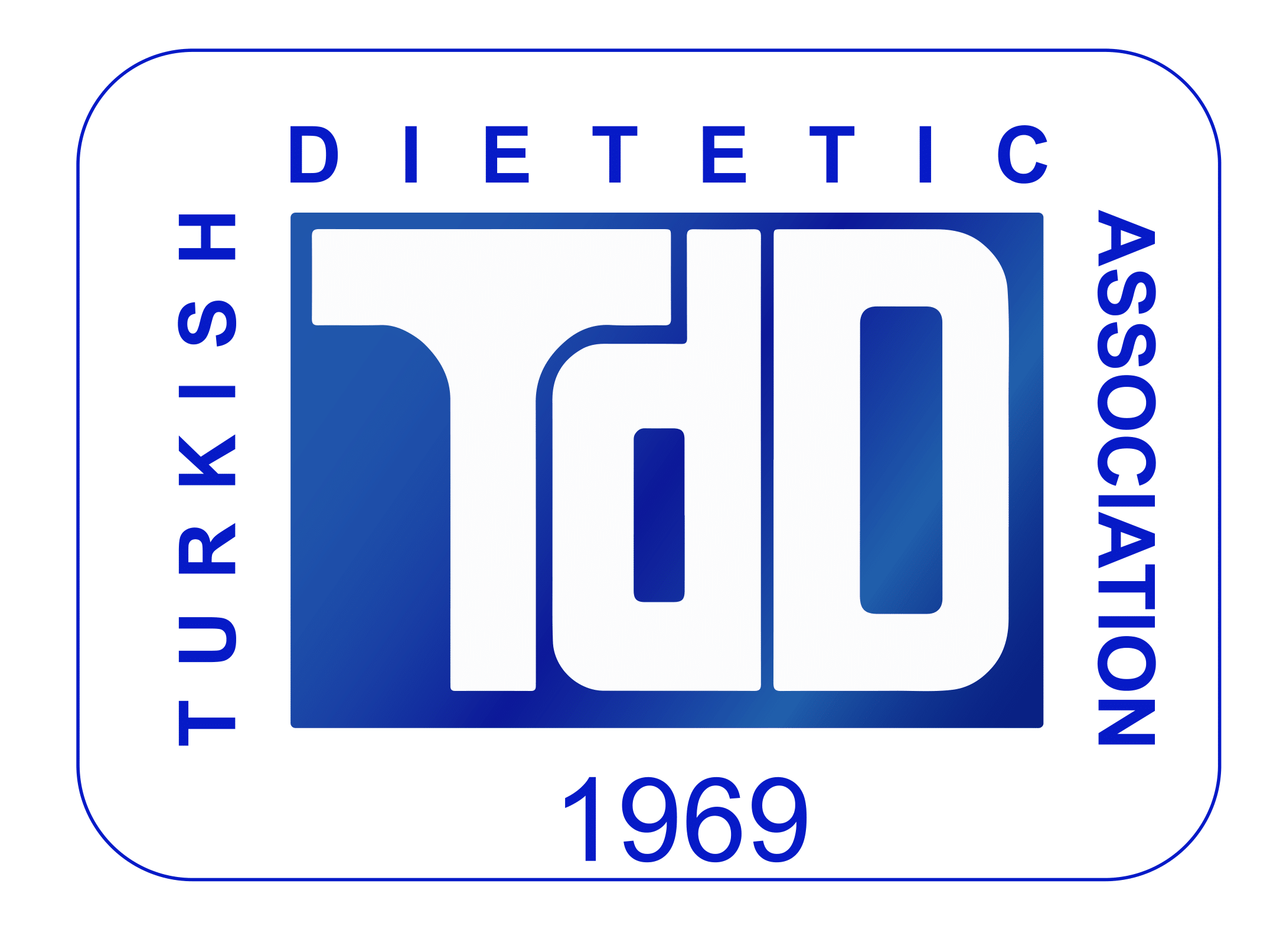Kidney Diseases and Carbohydrate Metabolism
DOI:
https://doi.org/10.33076/2018.BDD.1164Keywords:
Chronic renal disease, carbohydrate metabolism, insulin resistanceAbstract
The metabolism of carbohydrate and insülin is impaired in chronic renal diseases (CRD). The kidney has a significant role in glucose homeostasis. In the early stages of renal diseases, insülin function decreases and the prevalence of insülin resistance increases by decreasing glomerular filtrate rate. Factors contributing to insulin resistance include non-specific mechanisms such as free fatty acids and imbalance in the counterregulatory hormones such as growth hormone, parathyroid hormone, glucagon and corticosteroids. Specific mechanisms contributing to insulin resistance include uric acid and pseudo uridin in ureamic state. There is a relationship between carbohydrate metabolism and alterations of calcium and phosphorus metabolism due to ureamia. Secondary hyperparathyroidism and vitamin D deficiency decreases insülin secreting capacity of beta cells. The resistance to the metabolic effects of insulin is not only limited to the carbohydrate metabolism but also to the protein metabolism in the body. Reducing insulin resistance in patients with end-stage CRD should be considered as an important treatment target. The purpose of this literature review is to discuss the changes in carbohydrate metabolism and possible mechanisms.

